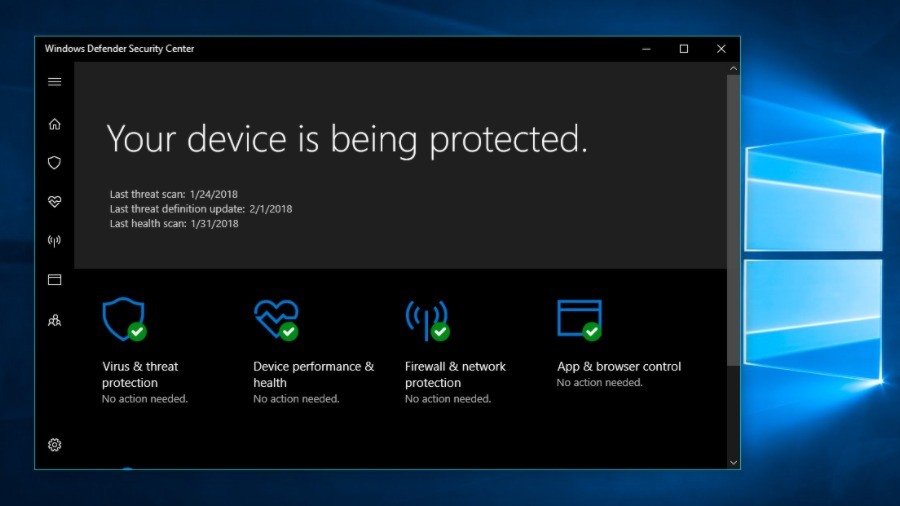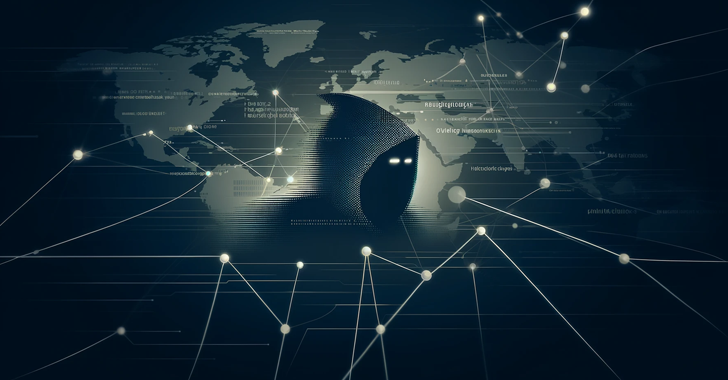One such category of apps is of the so-called free cleaners and optimizers, also known as scareware, which try to fool users by displaying false warnings and coercive messages to lead the users into purchasing their paid version.
“Programs must not display alarming or coercive messages or misleading content to pressure you into paying for additional services or performing superfluous actions,” reads the updated guideline.
The apps which try to fool users usually portray system errors as alarming when most of the time there aren’t real errors existing in the system. The apps suggest “that no other actions will correct the reported errors or issues” and they should act within a limited period. Other than monetary benefits, such programs can also ask users to sign up for a newsletter, download a file, take a survey, etc.
For cleaners and optimizer apps, Microsoft already made it compulsory in the past to provide users detailed information about the bugs these programs want to fix.
Many users unaware of the intentions of such apps fall into the money trap in the name of fixing critical vulnerabilities on their system.
Microsoft says their different security products including Windows Defender on Windows 10 will be able to classify the programs which display coercive messages as “unwanted software,” and detect/delete them, starting March 1. The new change could help people save their hard earned money.










